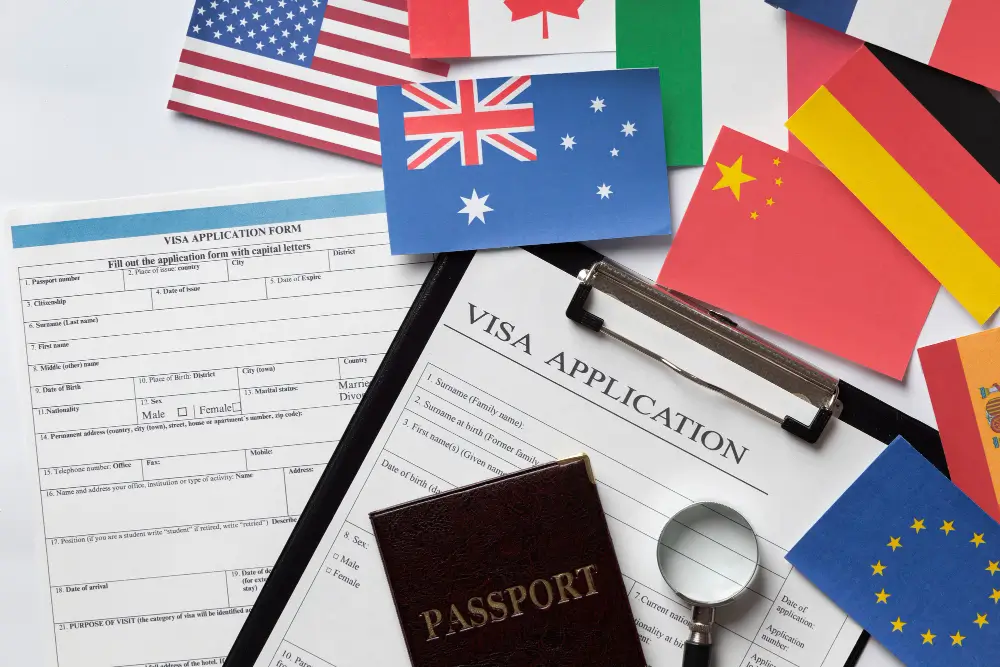Jet lag is a common problem for travelers, especially those crossing multiple time zones. It can result in feelings of fatigue, insomnia, disorientation, and even digestive issues. While it can be difficult to avoid jet lag completely, there are steps you can take to minimize its impact and help your body adjust to the new time zone more quickly. Here are some tips on how to avoid jet lag.
1. Prepare before you leave
Start adjusting your sleep schedule a few days before your trip. Go to bed and wake up a little earlier or later each day, depending on the direction of travel, to gradually align your internal clock with your destination time zone.
2. Stay hydrated
Dehydration can exacerbate jet lag symptoms, so make sure to drink plenty of water both before and during your flight. Avoid alcohol and caffeine, which can disrupt your sleep and make your jet lag symptoms worse.
3. Get plenty of rest
Try to get a good night’s sleep before your trip and make the most of your flight by sleeping or at least resting during the flight. Bring a comfortable neck pillow and eye mask, and consider investing in noise-canceling headphones to block out any distractions if you can afford one.
4. Get moving
Exercise can help combat jet lag by boosting your energy levels and regulating your circadian rhythm. Take advantage of your in-flight time by stretching or doing some simple exercises, and make sure to get some fresh air and exercise when you arrive at your destination
5. Make the most of natural light
Sunlight is the most powerful cue for regulating your internal clock, so try to spend time outdoors in natural light as soon as you arrive at your destination by simply going for a walk or sitting at the park. This will help your body adjust to the new time zone and reduce feelings of jet lag.
6. Maintain a consistent sleep schedule
Establish a regular sleep schedule as soon as you arrive at your destination which means you shouldn’t Netflix and chill at night. This will help your body get back into a regular routine and reduce the symptoms of jet lag.
7. Consider using melatonin
Melatonin is a hormone that regulates sleep, and taking a melatonin supplement can help reset your internal clock and reduce jet lag symptoms. However, it’s important to talk to your doctor before using melatonin, as it can have side effects and interact with certain medications.
Jet lag is a common problem for travelers so you shouldn’t worry when you experience it because there are steps you can take to minimize its impact. By following the list above you can help your body adjust to the new time zone more quickly and reduce the symptoms of jet lag. Remember, everyone reacts differently to it, so be patient and give yourself time to adjust. With a bit of preparation and effort, you can arrive at your destination feeling refreshed and ready to explore.









